As an accountant and someone who actively helps businesses to choose the right financial tools, I’ve personally seen how much audit processes have evolved over the years. In 2025, audit automation is a core part of modern finance and compliance.
Whether you’re a CFO, a finance professional, or part of an internal audit team, I truly believe that having the right audit tool can be the reason behind a smooth process, ensuring compliances and reduce the stress during audit season.
What is Audit Automation?
Audit automation refers to the use of software tools to perform audit tasks that used to require traditionally manual efforts in data sampling, compliance checks, control testing, risk analysis, and report generation.
Instead of spending hours manually through endless spreadsheets, audit automation management tools make the process so much more efficient. These tools can seamlessly pull data from ERP systems, accounting software, and various databases whether it’s Tally, SAP, QuickBooks, or others and analyze that data either in real-time or on a set schedule.
Why is Audit Automation Tools Essential for Businesses?
Here’s why more businesses are embracing audit automation tools in 2025:
- Time-Saving: Audit automation reduce repetitive tasks and reduces audit time significantly.
- Improved Accuracy: Minimizes human errors in data validation and reporting.
- Real-Time Insights: Continuous auditing helps to catch issues before they done.
- Regulatory Compliance: Tools are updated with the latest compliance standards (like SOX, GDPR, or local tax rules).
- Cost-Efficiency: Reduces overall cost by increasing team productivity.
Top 5 Audit Automation Tools in 2025
1. Audit Board
Audit Board is an efficient platform that has streamlined my audit and risk management processes. Its user-friendly interface and real-time collaboration features make tracking controls, managing audits, and ensuring compliance much easier and more organized.
Best for: Enterprise-level internal audit teams.
Features:
- Integrated risk, audit, and compliance management.
- Real-time dashboards and analytics.
- Automated workflows and audit trail documentation.
Pros:
- Highly customizable.
- Seamless integration with ERP systems.
- Strong collaboration features.
Cons:
- Premium pricing.
- May have a learning curve for new users.
2. Caseware IDEA
Caseware IDEA is a powerful data analysis tool that has greatly enhanced my audit efficiency by enabling data testing and automating complex procedures.
Best for: Data analytics-driven audits
Features:
- Powerful data import and analytics engine.
- Risk assessment automation.
- Audit documentation and visualization.
Pros:
- Ideal for audit data testing.
- Excellent for fraud detection and irregularities.
- Strong community and training support.
Cons:
- Interface feels slightly dated.
- Best used by experienced auditors.
3. Assure AI
Assure AI is a cloud-based audit automation software designed primarily for Chartered Accountants, audit firms, and financial professionals. It focuses on simplifying and streamlining the audit process using AI and machine learning.
Best for:
Accounting firms and auditors looking for a cloud-based solution to automate audits, ensure compliance, and reduce manual errors in financial data reviews.
Pros:
- Tally Integration: Easily connects with Tally ERP and extracts relevant financial data for analysis.
- Smart Exception Reports: Flags outliers and risk-prone entries using AI.
- Cloud-Based Access: No installation required; accessible from anywhere with internet connectivity.
- Saves Time: Reduces the time spent on manual audits by automating routine checks.
Cons:
- Limited Integration: Primarily works best with Tally may not be as flexible.
- Not Suitable for Large Enterprises: More ideal for small to mid-sized firms than large corporations with complex systems.
- Dependence on Internet: Since it’s cloud-based, a stable internet connection is essential for smooth functioning.
4. Zen Audit
Zen Audit is a cloud-based, easy to use, and comes with ready-made templates that really help speed up internal and financial audits without complicating the process.
Best for: Mid-sized firms and startups.
Features:
- Cloud-based audit planning and execution.
- Automated checklists and work papers.
- Templates for internal and financial audits.
Pros:
- Easy to implement.
- Affordable pricing.
- User-friendly interface.
Cons:
- Limited advanced analytics.
- Newer to the market, so integrations may be limited.
5. DataSnipper
DataSnipper create tasks like cross-referencing, document matching, and audit evidence collection saving of time during audit prep and review. It’s super easy to use and fits right into existing workflows.
Best for: Auditors who work heavily in Excel.
Features:
- Automates audit evidence gathering.
- Document matching, cross-referencing.
- Embedded in Excel.
Pros:
- Minimal learning curve.
- Supercharges existing workflows.
- Great for working with bank statements, invoices, contracts.
Cons:
- Only works within Excel.
- Limited scalability for large teams.
Conclusion
Audit automation in 2025 is smarter, faster, and more accessible. Whether you’re a solo auditor or part of a large finance team, these tools help you stay compliant, efficient, and focused on what really matters insights and integrity.
If you’re just getting started or want to upgrade your current audit systems, start by identifying your key audit pain points. Then, compare and select the best audit automation software for your business to grow.
FAQs on Audit Automation Tools
1. Is audit automation software suitable for small businesses?
Yes! Tools like Zen Audit and DataSnipper are specifically designed to be lightweight and budget-friendly for smaller firms.
2. Can audit automation tools replace human auditors?
No. These tools support auditors by reducing repetitive tasks and improving accuracy, but professional judgment and interpretation remain essential.
3. How secure are audit automation platforms?
Most leading tools offer robust data encryption, role-based access, and are compliant with major security standards like ISO 27001.
4. What industries benefit most from audit automation?
Industries with strict regulatory compliance—like finance, healthcare, and manufacturing—see the biggest impact. But honestly, every industry benefits.
5. How long does it take to implement audit automation?
Depending on the tool, implementation can range from a few hours (like DataSnipper) to a few weeks (like Audit Board for large enterprises).
6. Do these tools integrate with accounting systems?
Yes! Most tools offer integrations with platforms like QuickBooks, SAP, Oracle, and more.

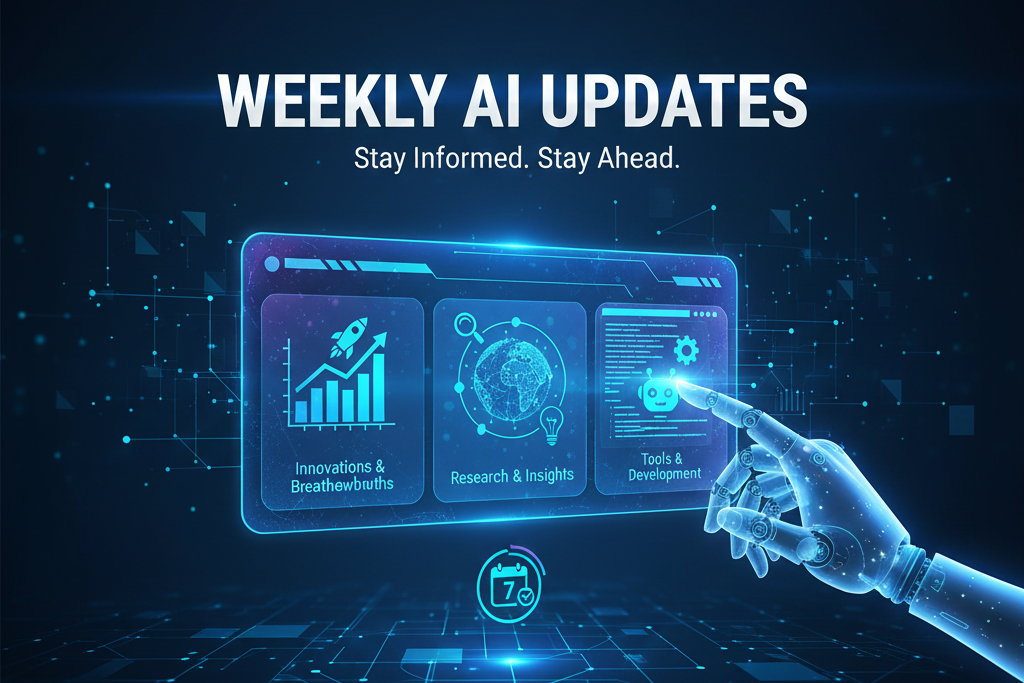


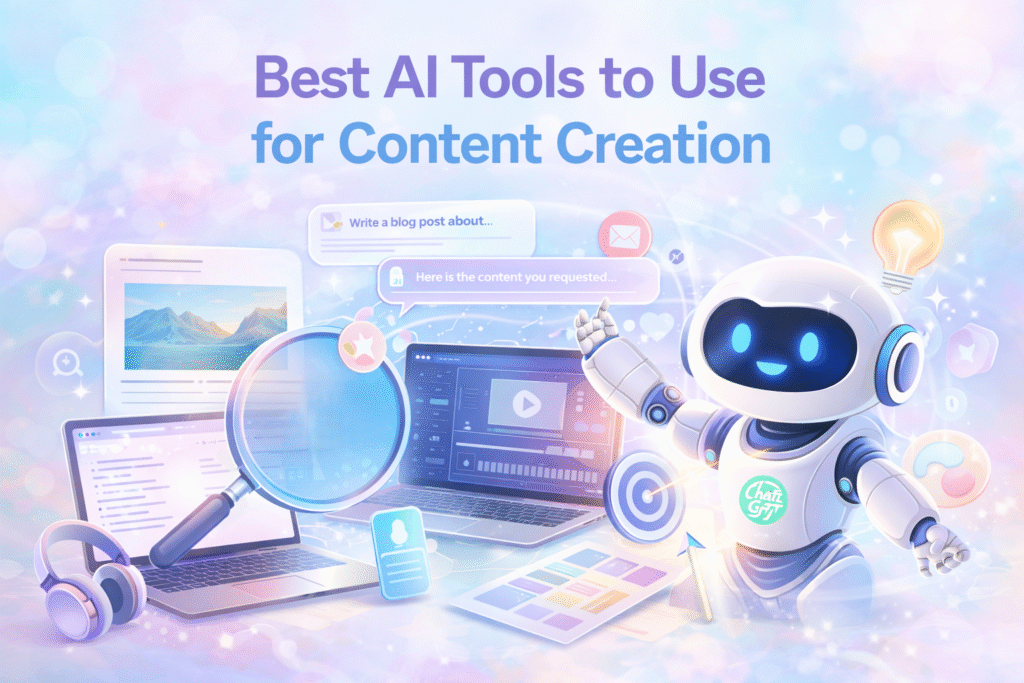
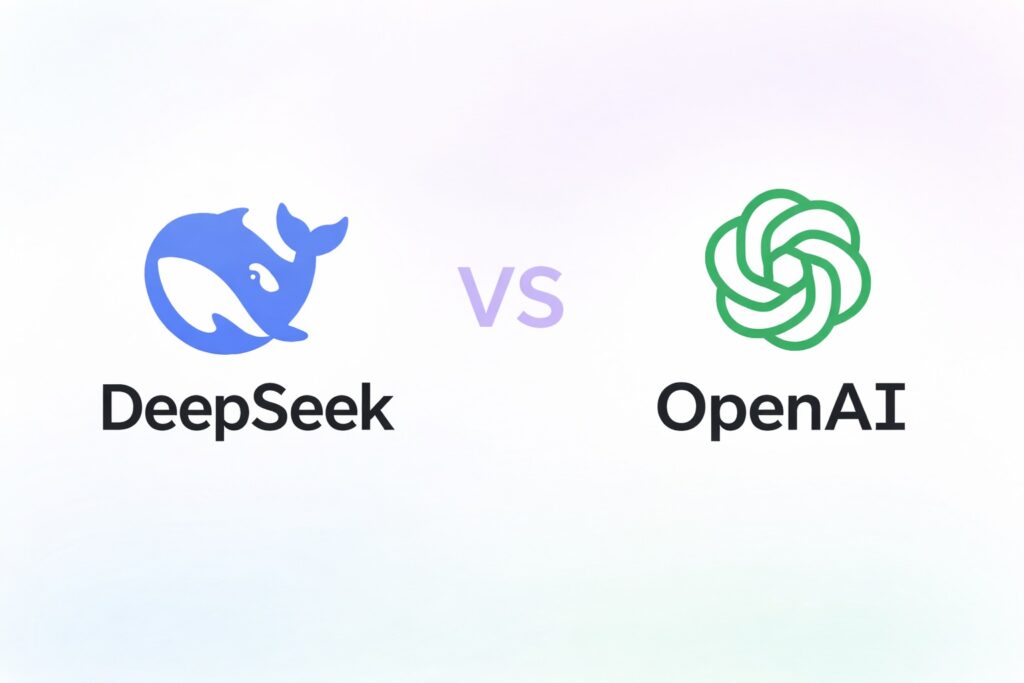

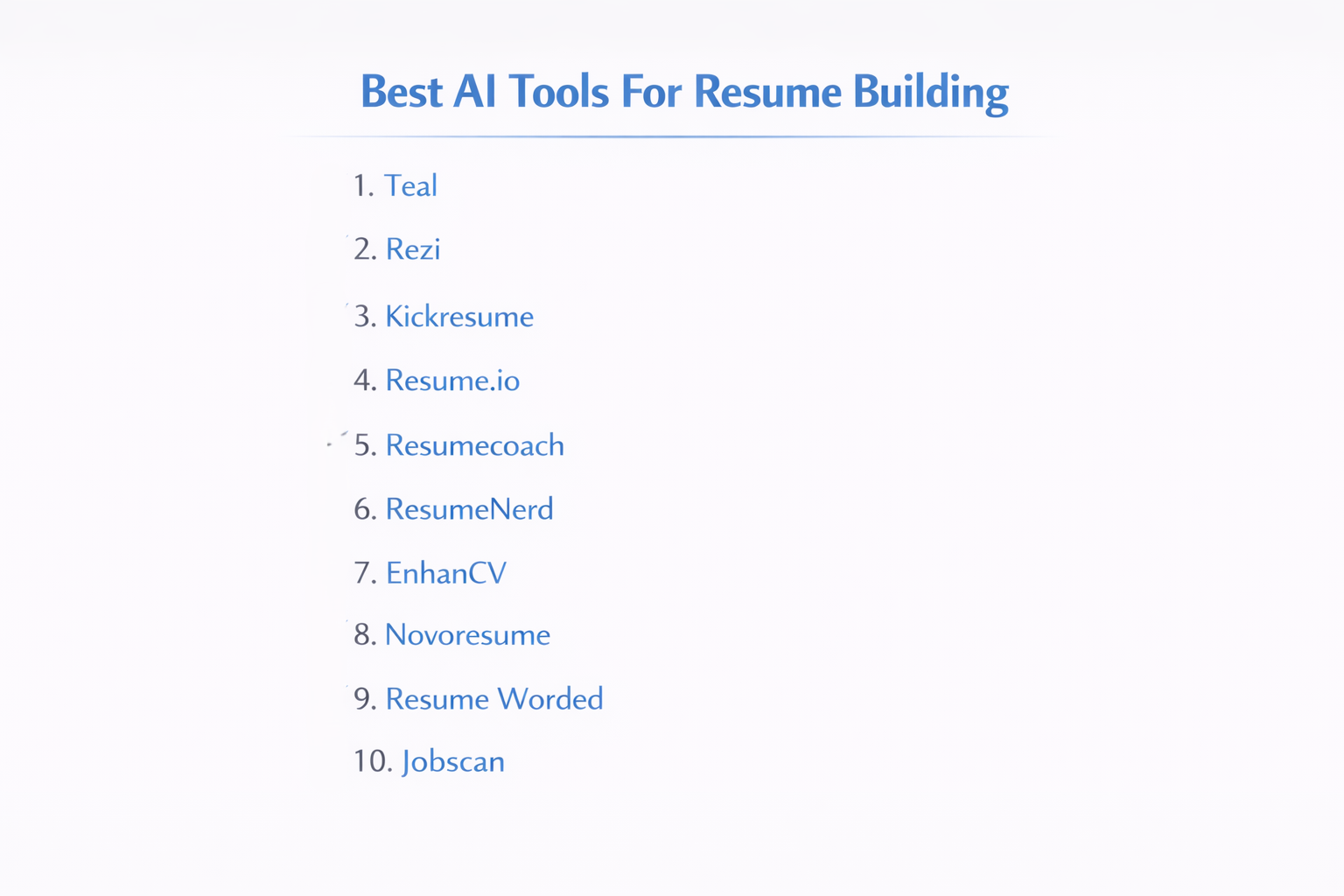


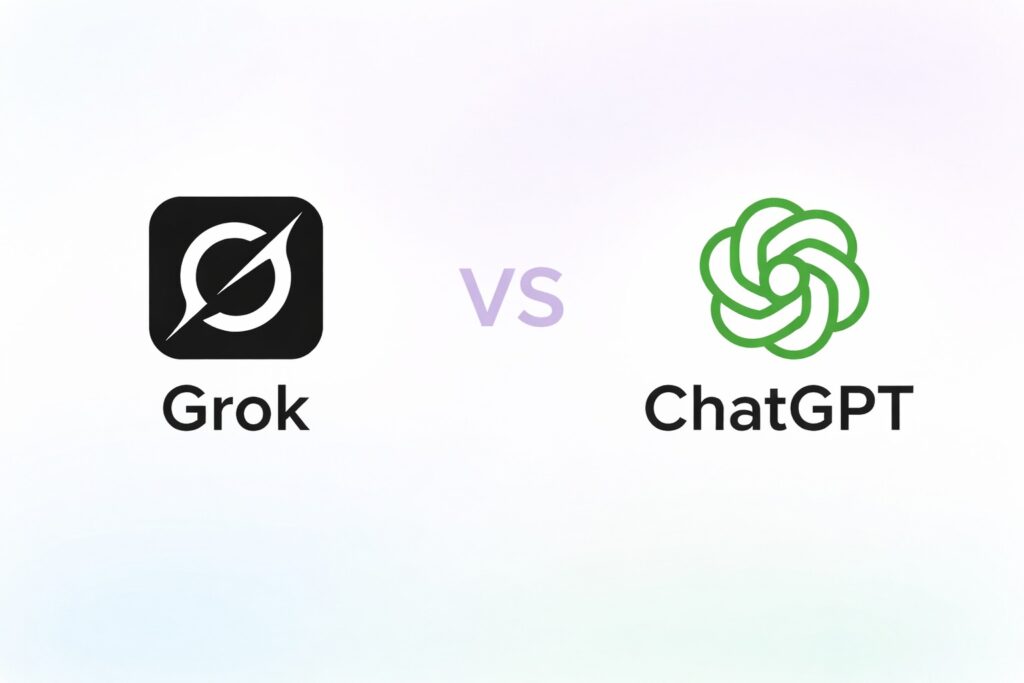

3 comments